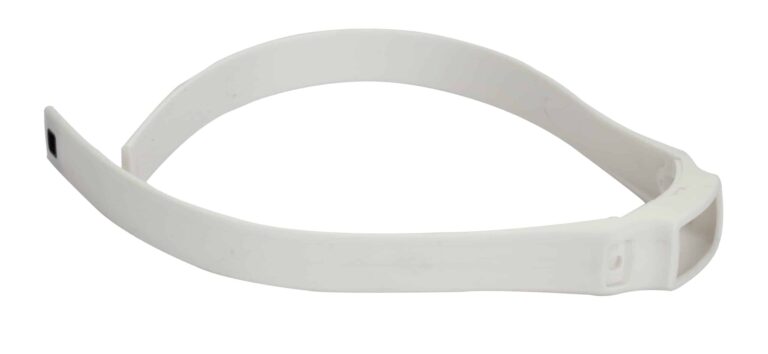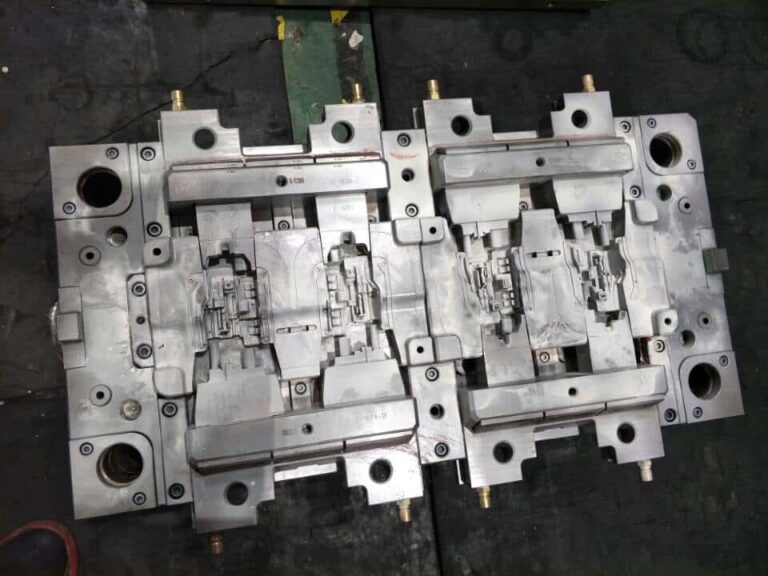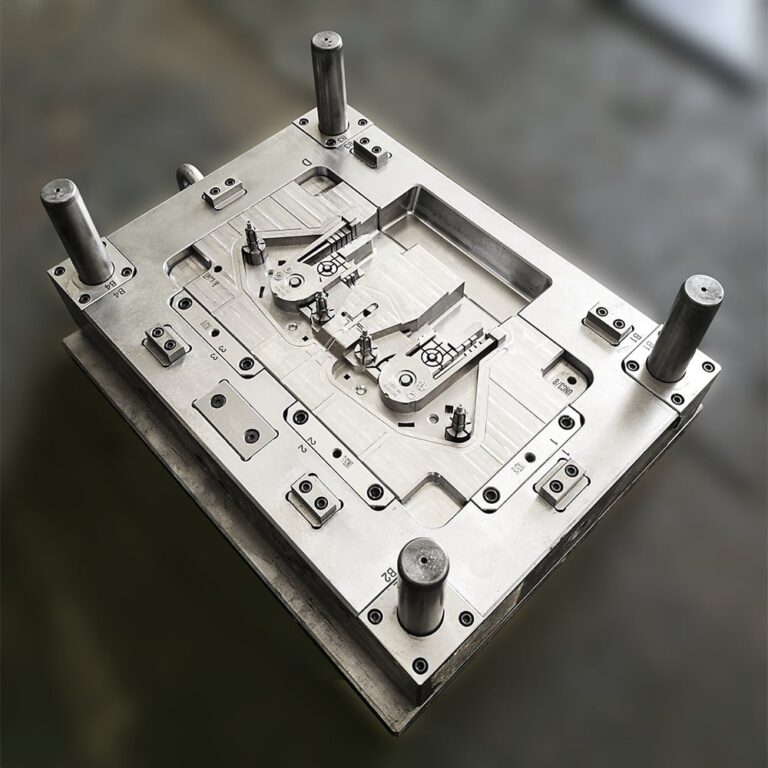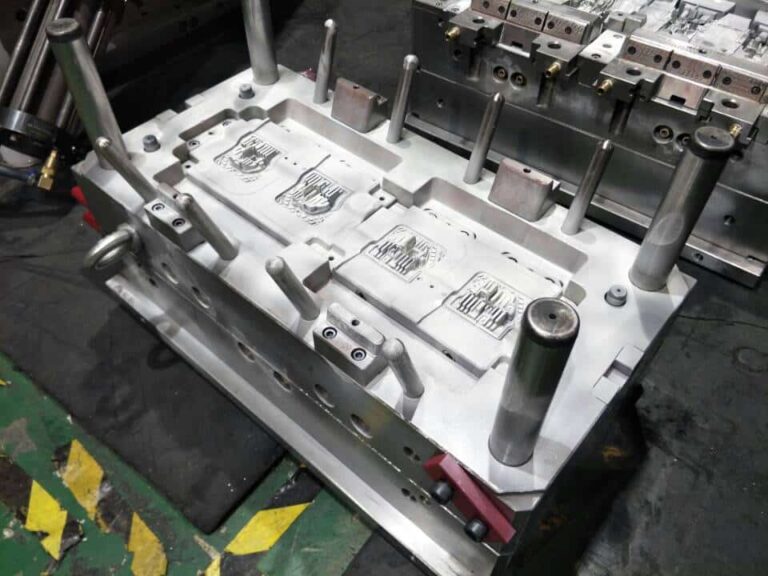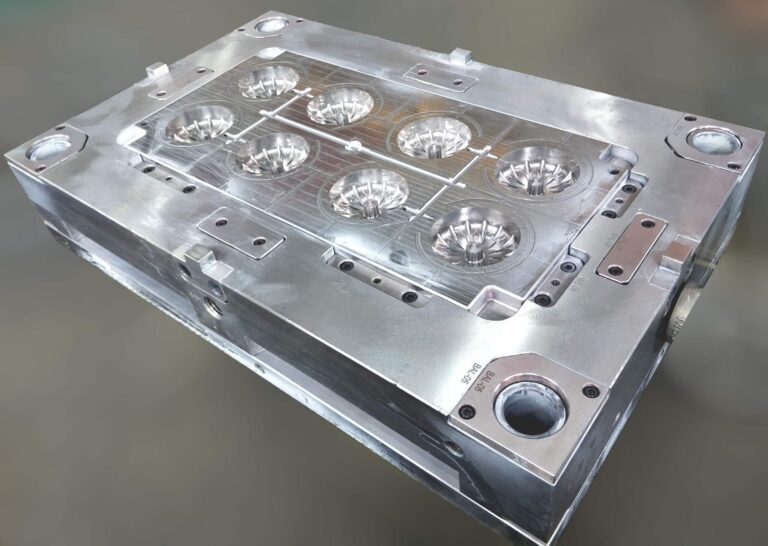How to select molding materials for injection mold products?
The selection of molding materials for injection mold products should always start from the application of products, and the utility, efficiency and cost of injection molded products should be considered. A good method here is reverse thinking, such as what injection molding products are used for and what kind of pressure they need to bear. Now Fan Shida has made the following summary on this issue, hoping to help you!

Key points to be considered in material selection of injection molded products
In general, the following points should be considered when selecting materials for injection molded products: 01. Where are injection molded products mainly used; 02. Whether the injection molded products need high temperature resistance; 03. How many years should injection molded products be used; 04. What is the cost budget of injection molded products; 05. Whether there is a need for appearance of injection molded products; 06. Whether the injection molded products should meet the special functions.
Common Injection Molding Materials and Applications
1. Polystyrene (PS) is easy to form and process, with good electrical performance and coloring performance, and is widely used in product packaging, household appliances, electrical, etc. The biggest disadvantage is brittleness;
2. Polypropylene (PP) has good fluidity, excellent molding performance and excellent heat resistance, can be boiled and sterilized at 100 ℃, and is widely used in automobile industry, equipment, daily consumer goods, etc;
3. Nylon (PA) is widely used in structural parts due to its good mechanical strength and stiffness. It is also used to manufacture bearings due to its excellent wear resistance.
4. ABS (acrylonitrile butadiene styrene copolymer) has the common properties of three components. A makes it resistant to chemical corrosion, heat resistance, and a certain surface hardness. B makes it have high elasticity and toughness. S makes it have the processing and molding characteristics of thermoplastic plastics and improves electrical properties. ABS plastics have been widely used in machinery, electrical, textile, automobile, aircraft, ship and other manufacturing industries and chemical industry.
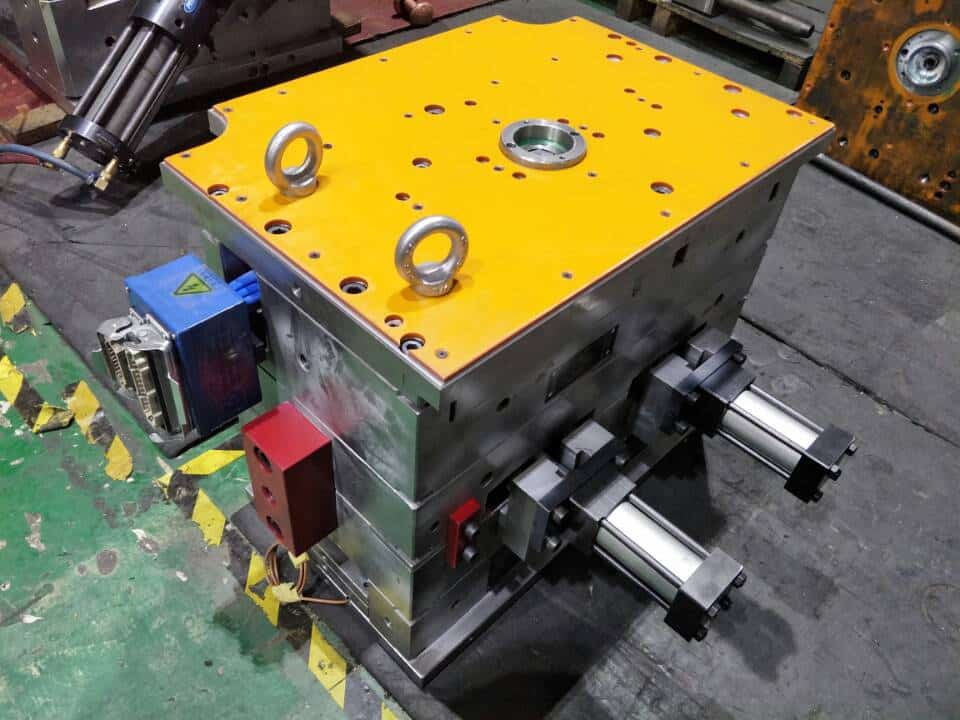
Key points of selecting injection molding materials for precision injection molds
1. The viscosity of the material melt with low viscosity is low, and the resistance of the entire gating system is relatively small;
2. The molding material should have good thermal stability, and the plastic melt stays in the hot runner for a long time or is easy to be sheared and degraded by the screw;
3. Precision injection molding can select some general engineering plastics with low viscosity and good thermal stability in the early design of injection molding products.
Each molding material has its advantages and disadvantages. When selecting materials, we must analyze the specific problems according to the actual situation and consider comprehensively from various aspects. If we master the core technology of injection molding production, and do a good job of technical communication and analysis before making molds with customers from the needs of finished product production, we can make molds have short delivery time, long service life, rapid mass production and excellent quality of finished products!

